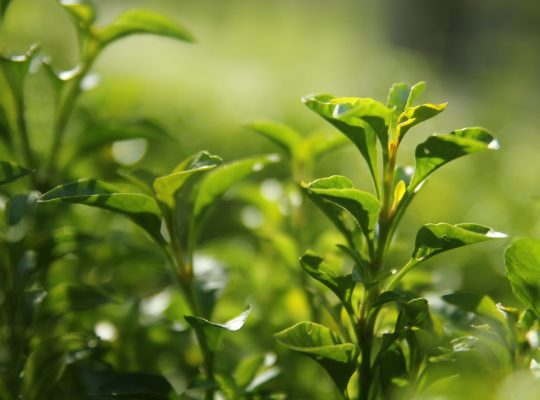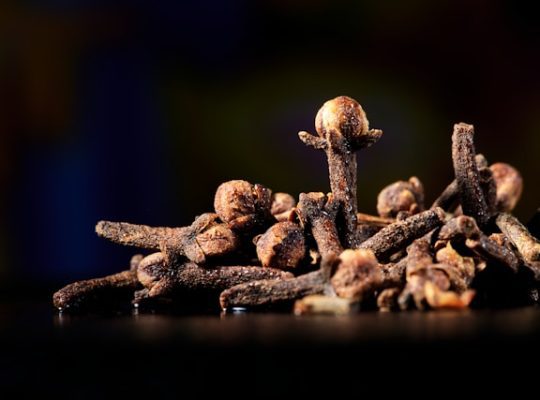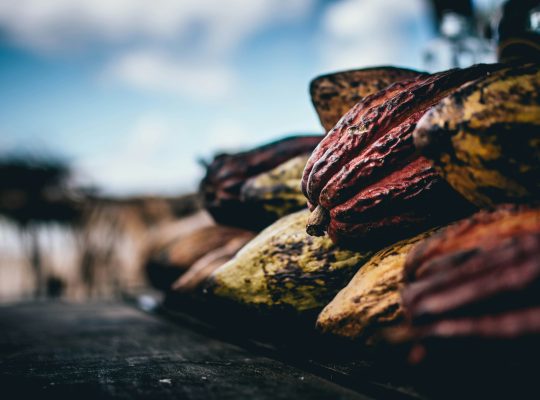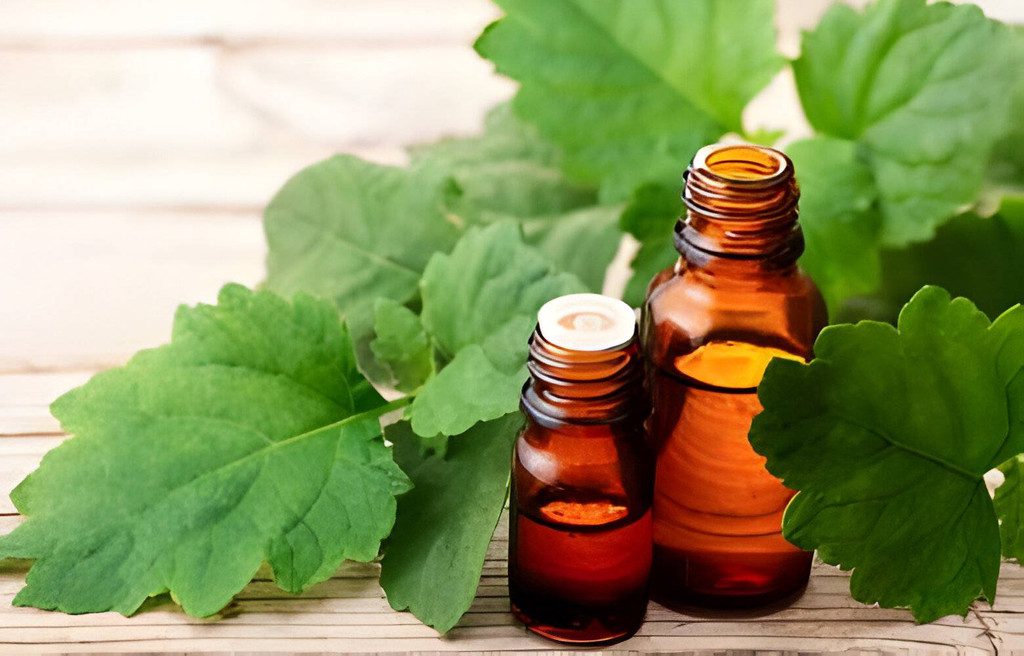Sure! Here’s a rephrased version of the original text about the patchouli plant, presented as an everyday English article focusing on Indonesia commodities:
Let’s dive into the world of one of the best essential oil-producing plants known as patchouli, scientifically named Pogostemon patchouli or Pogostemon cablin Benth. Native to Southeast Asia, this small shrub packs significant economic value thanks to its rich, enduring fragrance.
Historically rooted in South and Southeast Asia, specifically India and China, patchouli has been integral to traditional medicine, treating skin infections, inflammation, and digestive disorders. Its robust and long-lasting aroma also makes it a favorite in the perfume and fragrance industry.
Thriving in the tropics at elevations from 500 to 1,200 meters, patchouli features furry stems and oval leaves with flat edges. It blooms with pale purple flowers arranged in spikes at the branch tips. The plant is adaptable to various soil types but prefers sandy clay structures. Harvest typically occurs within 4 to 5 months when the plant is cut approximately 10-15 cm above the ground level to extract the precious patchouli oil.
As a high-demand export commodity, patchouli oil has reached lucrative prices on the international market. Its slow evaporating nature is a sought-after quality, making it highly popular across various industries. The ease of cultivation and short harvesting period make patchouli a practical choice for growers. The marketing chain involves local collectors, refining industries, and exporters.
According to Indonesia’s Ministry of Agriculture, the export value of patchouli oil reaches millions of dollars annually, reaching countries like Switzerland, the UK, Singapore, Spain, and France. This highlights the plant’s global economic importance and potential for continued cultivation and processing growth.
Patchouli, or “green gold,” is not only an essential commodity but also a plant with rich history and versatile uses, promising a fragrant future in both economic and ecological landscapes.
This version simplifies the language while emphasizing the economic import and global impact of patchouli as an Indonesian commodity.








